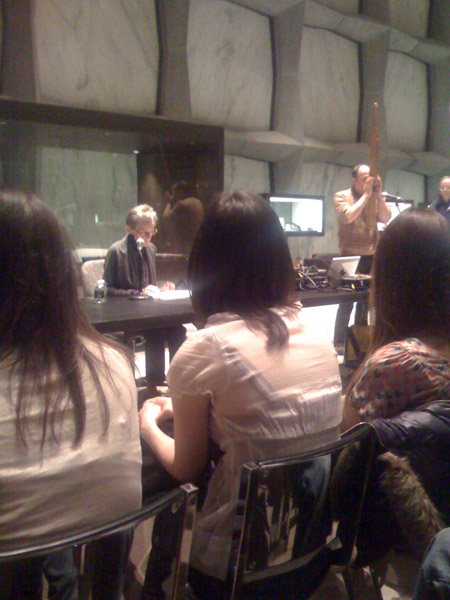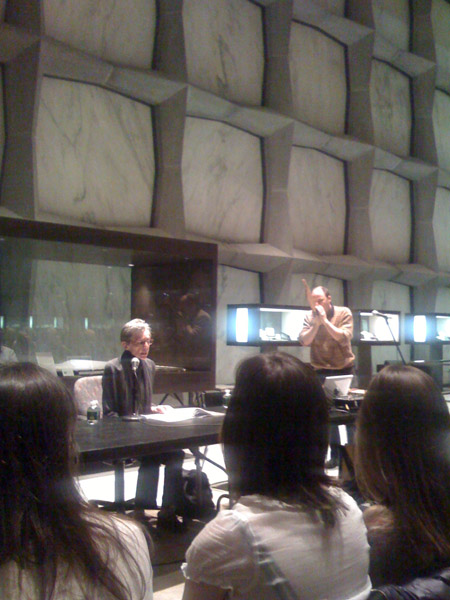Is it possible that spring could be
once more approaching? We forget each time
what a mindless business it is, porous like sleep,
adrift on the horizon, refusing to take sides, ‘mugwump
of the final hour’, lest an agenda – horrors! – be imputed to it,
and the whole point of its being spring collapse
like a hole dug in sand. It’s breathy, though,
you have to say that for it.
And should further seasons coagulate
into years, like spilled, dried paint, why,
who’s to say we weren’t provident? We indeed
looked out for others as though they mattered, and they,
catching the spirit, came home with us, spent the night
in an alcove from which their breathing could be heard clearly.
But it’s not over yet. Terrible incidents happen
daily. That’s how we get around obstacles.
(John Ashbery, p. 33 in the 20 November 2008 London Review of Books.)

